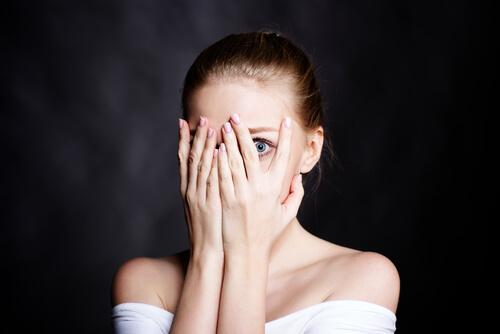Horror movies continue to gain followers year after year, haunted houses, zombie apocalypses and experiences that scare us are more fashionable than ever, however, if someone asks us we cannot explain why we are fascinated by this kind of thing, our instinct should be to run away from anything that makes us feel bad, but then why do we like to be afraid?
The truth is that it is very natural that we are fascinated by what scares us, the mechanisms behind this situation have been well documented by the scientific community and their understanding helps us to better understand how our mind works. why this phenomenon happens.
- According to the researchers.
- The reason we like to be afraid is related to the functioning of our mind.
- When faced with a potentially dangerous stimulus.
- Our body prepares to act.
- In these situations certain hormones are produced that lead us to a state of “fight or flight”.
Through this mechanism, our ancestors maximized their chances of survival in all kinds of adverse situations, substances such as adrenaline or norepinephrine (two of the neurotransmitters involved in fear reactions) helped them escape or cope with what could hurt them.
The problem with this mechanism is that the stimuli we find today are quite different from those of the cave age, but our body’s response to them remains the same.
The biggest difference in how we react is our rational brain and it is precisely this difference that may be the reason we like to be afraid.
Today, when we face a stimulus that our body interprets as dangerous, there is a disconnect between what we think and what we feel. On the one hand, our hormonal system is activated as if we were facing a potentially dangerous situation. However, in the case of a horror movie or a haunted house, our brain is well aware that we are not in danger.
So, unlike our ancestors, we can enjoy the sensation that hormones produce without really feeling in danger. In this way, we feel more active, full of energy, but without suffering the consequences of a real threat.
In fact, according to some research, fear-related hormones are very similar to those of happiness, which is why many people claim that after a horror experience, but without danger, their mood improves considerably, at this point they look for stimuli that Scare us can become addictive.
Hormones released in a situation of terror are not the only factor involved in this phenomenon, according to some surveys, not everyone likes to be afraid in the same way: there are large individual differences depending on our personality.
Thus, it has been discovered that there are several characteristics that correlate with a greater attraction to the experiences that frighten us, the most important are:
In this article you have discovered several reasons why we like to be afraid. Despite this, of course, there are many other factors involved. Science has many questions to answer and many hypotheses to analyze about it, so more research is needed on the subject.
In the meantime, however, what we know for sure is that this curiosity about anything that can generate an “artificial” fear grows every day.

